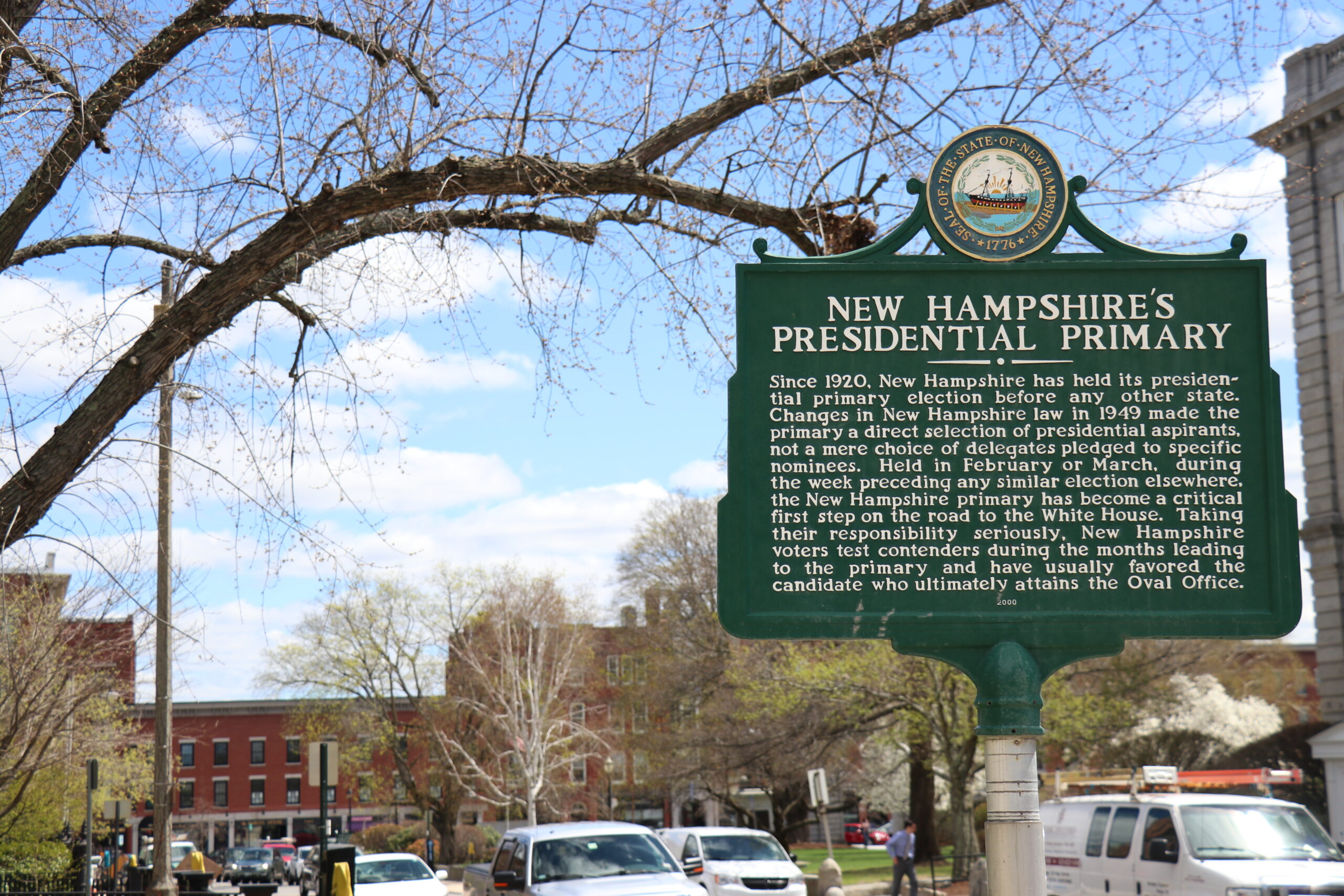The New Hampshire presidential primary, often hailed as the “First in the Nation,” holds a unique and pivotal position in the American political landscape. As the initial primary in the presidential election cycle, it serves as a litmus test for candidates’ viability, offering insights into voter sentiment and shaping the trajectory of the race. Let’s delve into the significance, history, and dynamics of the New Hampshire primary.
The tradition of the New Hampshire primary dates back to 1916 when the state held its first direct presidential primary election. However, it gained prominence in 1952 when it became the first primary to be held in the nation’s modern era of presidential primaries. Since then, New Hampshire has maintained its status as a crucial battleground where candidates vie for early momentum and validation from voters.
The New Hampshire primary holds immense significance as it offers candidates an opportunity to connect with voters in a retail-politicking environment. Unlike larger states where expensive media campaigns dominate, candidates in New Hampshire engage in intimate town hall meetings, diner visits, and grassroots campaigning to win over voters. The primary’s outcome often sets the tone for subsequent contests, influencing media coverage, fundraising efforts, and the trajectory of the race.
New Hampshire’s electorate is known for its independence and political pragmatism. The state’s “open primary” system allows registered voters, regardless of party affiliation, to participate in either party’s primary. This independence fosters a diverse and unpredictable electorate, making New Hampshire a bellwether for candidates’ appeal across ideological spectrums. Moreover, the state’s relatively small size enables candidates to engage directly with voters, amplifying the impact of retail politics.

Over the years, the New Hampshire primary has witnessed several memorable moments and historical impacts. From Jimmy Carter’s unexpected victory in 1976 to Gary Hart’s “comeback kid” moment in 1984, the primary has catapulted underdog candidates to national prominence and reshaped the political landscape. Additionally, New Hampshire’s primary has served as a barometer for gauging voter sentiment on critical issues, from economic concerns to foreign policy priorities.
Despite its significance, the New Hampshire primary has faced criticisms and controversies over its demographics and influence. Some argue that the state’s predominantly white and rural population does not accurately reflect the diversity of the nation, leading to concerns about representativeness. Moreover, the primary’s early position in the electoral calendar has sparked debates about whether New Hampshire should maintain its “first in the nation” status, especially as calls for a more diverse and inclusive primary process gain traction.
Conclusion :
The New Hampshire presidential primary stands as a quintessential pillar of American democracy, embodying the principles of civic engagement, political discourse, and voter empowerment. Its historical legacy, significance in the nomination process, and unique dynamics underscore its enduring relevance in shaping the nation’s political future. As candidates crisscross the Granite State, engaging with voters and making their case for leadership, the New Hampshire primary continues to serve as a vital stage where the aspirations and convictions of the American electorate converge.
If you enjoyed this read, check out our other posts.














What do you think?
Show comments / Leave a comment